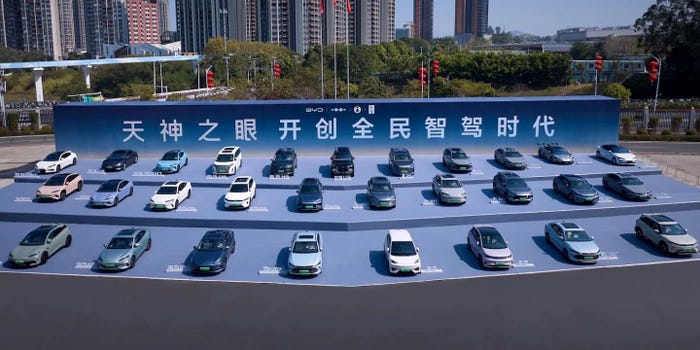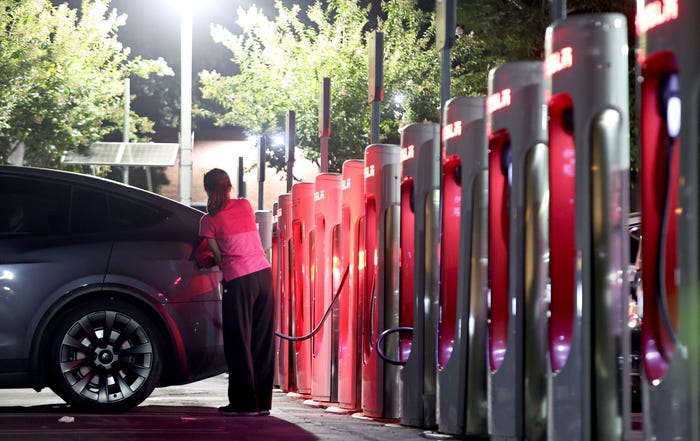AI-Powered Virtual Concierge Could Automate Routine TasksAI-Powered Virtual Concierge Could Automate Routine Tasks
A new study from Ohio State University suggests AI as a solution to changing hospitality needs

AI could reshape concierge services, a new study from Ohio State University has found.
The study looked at the potential role a virtual concierge could play in the hospitality industry, combining natural language processing, behavioral data and predictive analytics to provide enhanced human-AI interactions. The team said theirs is the first work to introduce the concept.
The team said it could automate routine tasks and anticipate customer needs by rolling the tech out across service sectors, improving customer experience and alleviating pressure on staff.
“The traditional service industry uses concierges for high-end clients, meaning that only a few people have access to them,” said Stephanie Liu, lead author of the paper. “Now with the assistance of AI technology, everybody can have access to a concierge providing superior experiences.”
With the younger workforce gravitating towards travel and tech-oriented jobs, Liu said using AI could also support changing demands within the hospitality sector
“The development of AI technology for hotels, restaurants, health care, retail and tourism has a lot of potential,” she said.
According to the study, the service could take one of four possible forms; a ChatGPT-style chatbot, a virtual avatar, a holographic projection, or a tangible robot with an AI chatbot installed on it, with this latter option also able to assist with physical tasks such as carrying luggage.
“Different companies are at different stages with this technology,” said Liu. “Some have robots that can detect customers’ emotions or take biometric inputs and others have really basic ones. It opens up a totally different level of service that we have to think critically about.”
While more research is needed before the tech can be rolled out on a wide scale, Liu said researchers should consider how certain factors may impact a customer’s reaction to the service.
These could include the perceived gender or voice of the concierge and how to maintain customer privacy when dealing with personal and financial information.
About the Author
You May Also Like








